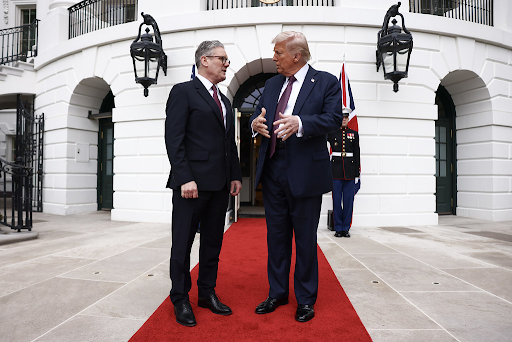During a high-profile visit to the United Kingdom, President Donald Trump took the opportunity to reaffirm America’s resolute opposition to the unilateral recognition of a Palestinian state. His comments, made while standing next to Prime Minister Keir Starmer, were a direct counterpoint to the British government’s new policy direction, creating a moment of public and significant transatlantic disagreement.
President Trump’s statement underscores the U.S. commitment to a peace process framework where statehood is the ultimate prize for a negotiated settlement. The administration believes that premature recognition by other nations undermines the principle of direct talks and removes incentives for compromise. This approach was powerfully illustrated when the U.S. stood against the international tide in a recent UN General Assembly vote on the two-state solution.
Prime Minister Starmer responded by carefully articulating the UK’s different perspective. While acknowledging the U.S. position, he defended his government’s plan as a necessary “catalyst” for peace. He argued that after decades of failure, the international community must be willing to try new approaches, and that formal recognition of Palestine could be the key to unlocking the long-stalled peace process.
The fundamental difference lies in their theories of change. The U.S. theory is that the promise of statehood is the leverage needed to bring about a peace deal. The new UK theory is that the reality of statehood, at least in a diplomatic sense, is the leverage needed to force a more equitable and productive peace process.
The state visit has thus become a platform for debating these competing diplomatic philosophies. Prime Minister Starmer has delayed the implementation of the policy as a courtesy, but the UK’s intention to chart a new course has been made clear. This event signals a notable shift in the dynamics of the “special relationship,” with the UK asserting greater autonomy in its foreign policy decisions.

